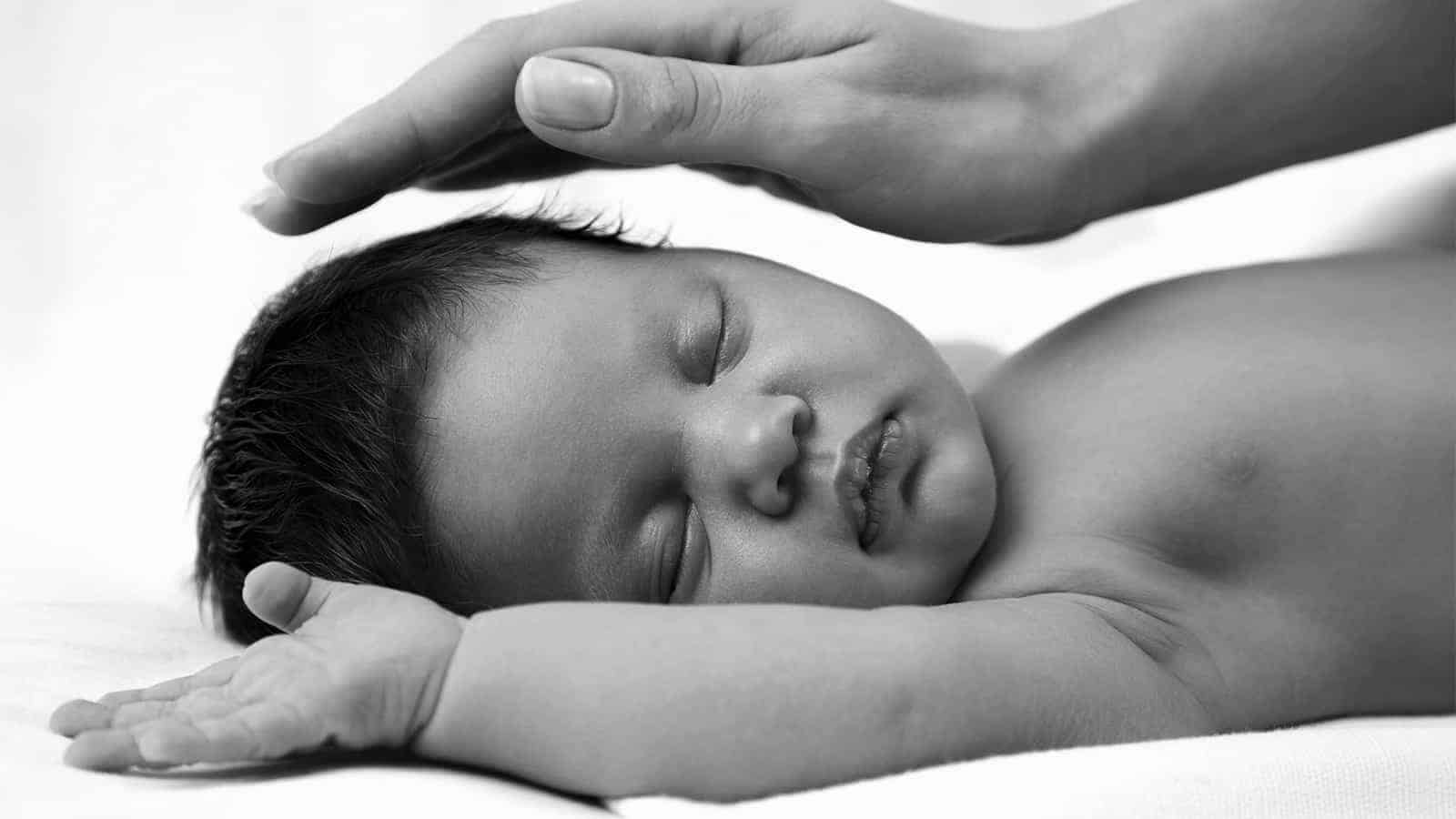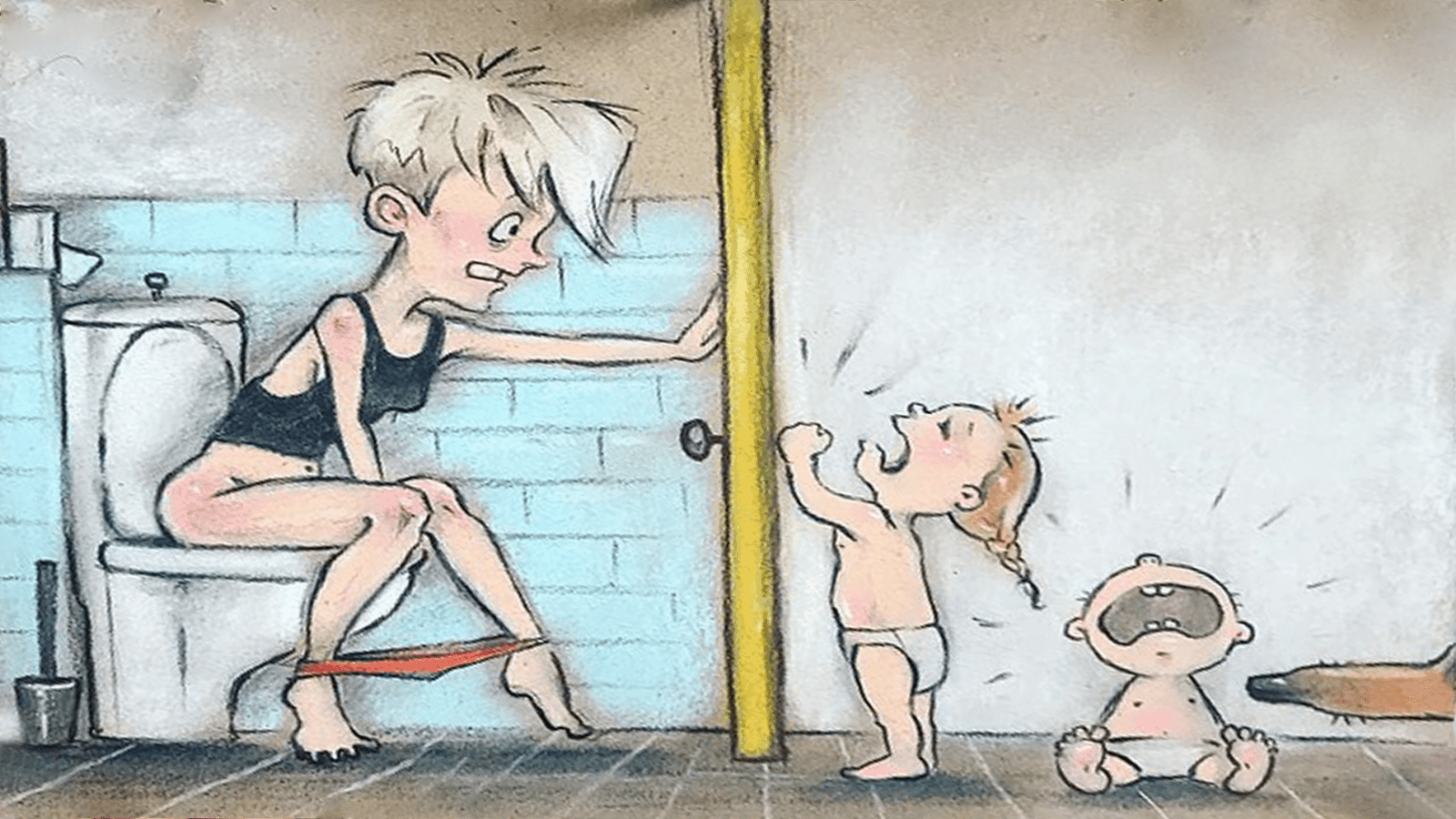One of the most important questions you will ask yourself as you make your family plan is whether or not you will have kids. Not too long ago, having kids was seen as part and parcel of growing up. Today, things have changed. As one author puts it:
“Having kids – the responsibility of rearing good, kind, ethical, responsible human beings – is the biggest job anyone can embark on.” – Maria Shriver
In these modern times, Americans are having fewer and fewer children. There’s been a sharp rise in women who decide against having kids. Increasing numbers of women who do have kids are waiting until they’re in their 40’s to do so.
This means that there’s no better time than now to really ponder whether that is what you want! While parenthood seems like a dream of an idea for some, the realities of parenthood can take you by surprise. It’s a big decision to make, and you should be taking the time to ponder it well. One way to do so is by asking yourself some important questions.
Here Are 10 Questions To Ask Yourself Before You Have Kids
1. Is this the right time for me to be having kids?
Not everyone has the luxury of timing their pregnancy. If you have that chance, why squander it? Consider if now is truly the best time in your life, career, or personal journey to consider adding to the family.
If you have a partner or spouse in the picture, do they also want to have children? Is it a good time for him or her? Are there any other reasons that it just might not be the best time for either of you?
Of course, the truth is that there’s never a “perfect” time to have kids, as parenting will bring a challenge no matter how “ready” you might feel. But if you’ve just started at a new job, are recovering from health issues, or aren’t sure if you’ll be moving house soon, you might want to wait a little while. You’ll want to be relatively stable when you have kids!
2. Do I earn enough to support a family plan with kids?
You might be surprised to read that 64% of women who are voluntarily childless chose their path due to the expenses of childcare. The cost of raising a child up to the age of 17 totals around a whopping $233,610! And yes, that is just for one kid, so it’s an important consideration in a family plan.
When you have a child, it becomes your duty to provide for them and finance their lives. You are completely responsible for your children – their food, shelter, clothing, education, everything. I mean, have you seen the amount of diapers babies run through? Positive thinking about making it through is one thing, but you still need to be realistic.
If you’re bringing a child into the world, you’ll want to be absolutely positive that you can support them. After all, you want a kid to be happy, healthy, and well taken care of. As such, considering whether or not having kids is an expense you can afford is a good idea.
3. Is there anything I want to do first?
Having a child will change your entire lifestyle. You won’t have as much time to do the things you used to. You’ll have less money to spend on random traveling adventures. So start by taking a look at your bucket list.
Which goals would you like to accomplish before having kids? This can be anything from backpacking through Europe to finding a stable, well-paying job. Remember that having kids will alter every aspect of your daily living. If there are things you want to do first, add that to your family planning schedule.
4. Are there any medical concerns you have?
Genetic concerns can greatly affect someone’s decision to have kids. If you or your partner have health conditions that could possibly be passed down to children, it might change your decision.
If you like, you can opt to have genetic testing done on both you and your partner before making your final decision. This will allow you to make adjustments to your family plan if you find out that either of you has a genetic condition. Although results are not 100% accurate all of the time, it can provide you with information about unknown issues.
Knowing more about how your genes may affect having kids is important. It can allow you to make preparations should you choose to continue toward your goal of having kids. While it’s not necessary for you to undergo genetic testing, if you know you or your partner has a genetic condition, consider how your preparation or plans may change.
5. Does your job work well with your family plan?
Before making a concrete decision, you’ll want to find out how your job will be able to support you. Only 40% of women qualify for maternity leave, and only 12% even have access to this option in the private sector.
On top of that, the US is the only country with high-income that does not guarantee paid leave federally. This is something you’ll want to take into consideration with your family plan. Find out how much leave you’re allowed to take and if your vacation days can count towards them. See if your spouse’s company offers leave for them, too, whether paternity or parental.
If your work is seasonal, planning and timing your pregnancy and early months with a new baby around this schedule can be a good idea. Just make sure that, if you have kids, you won’t wind up in a bad place work-wise!
6. How is your relationship?
If you’re having a child with a partner, the stability of a relationship is crucial. You’ll want to make sure your romance is solid and supportive, and you’re not going through any big tiffs or rough patches. If you are, put having kids on hold for a while.
Studies have proven that overall couple satisfaction decline in relationships with children is almost two times as steep than those without kids. Although you’re also less likely to get divorced if you have kids, you’re more likely to be completely miserable.
This means that you should really make sure you and your partner are strong together and ready for parenting challenges. There’s a difference between maintaining positive thinking and being ignorant. The last thing you want is for your relationship to fall apart when you have a child!
7. Have you considered family planning, chores-wise?
When you have a baby, everything changes. You have less time to do daily chores. You wind up getting little to no sleep. You might be constantly exhausted for days on end.
This is where splitting chores comes in. You and your partner need to be able to divide the household chores and baby-caring activities fairly between yourselves. So, get this sorted out before deciding to have a child. You’ll be thankful you did.
If you will be the mother in this family, make sure there are no hidden expectations from your partner. Women are often assumed to be able to do it all when they have kids. The reality is that no one can be a superhero; there needs to be compromise and balance.
8. Do I even like children?
Are you good with kids? What have your past interactions with little ones been like? If you’ve ever babysat for friends before, how did that go? (And if you’ve never done that, give it a go and see!)
Babies don’t stay babies for very long. Before you know it, they’ll be hitting their terrible twos, talking back, running around, throwing tantrums, and getting up to mischief. If you have difficulty dealing with kids or being around them, you might ask yourself if having children is the best choice for you.
We’d like to add that, of course, you don’t have to love kids to turn into a great parent. Many people who aren’t good with children go on to have their own and love them just the same. But it’s a good question to consider as you construct your family plan, so you can be better prepared.
9. Who else is included in this family plan?
They say it takes a whole village to raise a child. There’s a lot of truth to that statement, but sometimes, you don’t have that option. Think about who will play an important role in your child’s life.
While two-parent homes are still the most common among America’s children, 23% of children live in one-parent homes. If you will be a single parent, then who else will be around to help raise your kid? Your parents, maybe? A sibling? A close friend? If you won’t be a single parent, the same questions apply.
It is ultimately your decision how many people support your child’s growth and development. Deciding in advance who will be involved can help the overall preparedness of everyone in the picture.
10. Do I truly want to have kids?
Many people fall into the trap of believing that having kids is just a logical next step in their adulthood. Their family planning process might include children by default. You might feel like your life might not be complete without kids.
If you feel pressured into having children because your biological clock is ticking, take a step back and think. Many people – women especially – feel like having kids is their duty. If there’s one reason to have kids that you should never follow through on, it’s because you feel like you have to.
Choosing whether or not to have children is a serious decision. For the sake of that child and your family’s future, it’s important that you treat it as such. Make sure that when you choose to have kids, you’re doing it for you, and not for anyone else.
Final Thoughts On Questions To Ask Yourself Before You Have Kids
The truth is that nothing can truly prepare you for parenthood. It’s a journey with a steep learning curve that will often have you confused, exhausted, and even frustrated. At the same time, it is an incredibly rewarding experience.
At the end of the day, your decision to have kids depends on your personal family plan and your own thoughts and opinions. By asking yourself these 10 questions before committing to the idea of having kids, you can be positive that you’re as prepared as possible for this new chapter in your life.














 Community
Community

